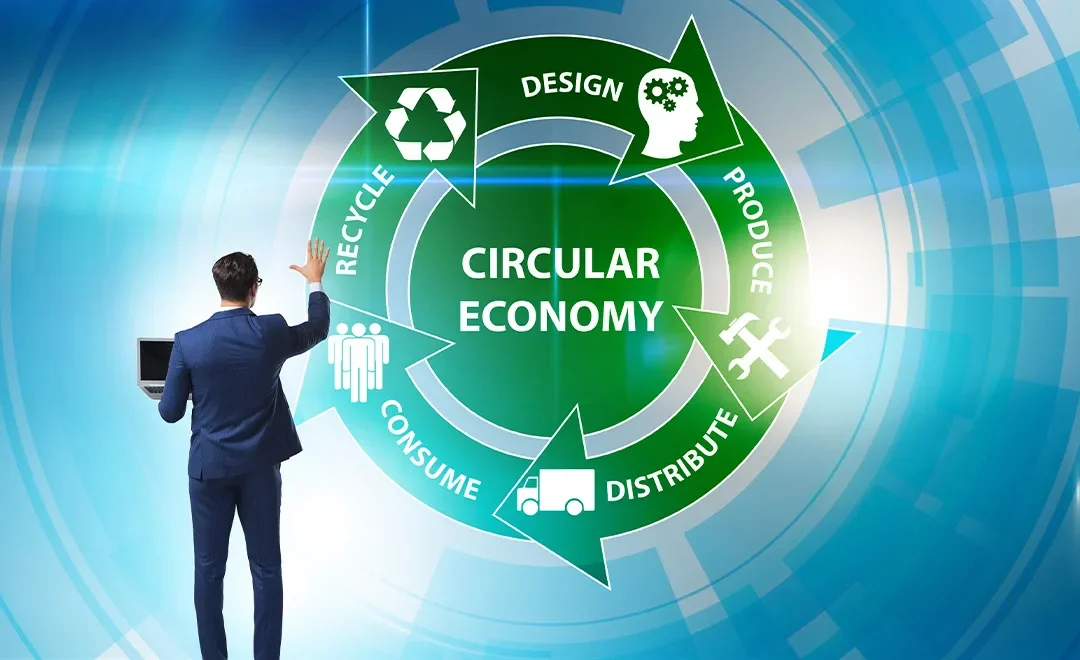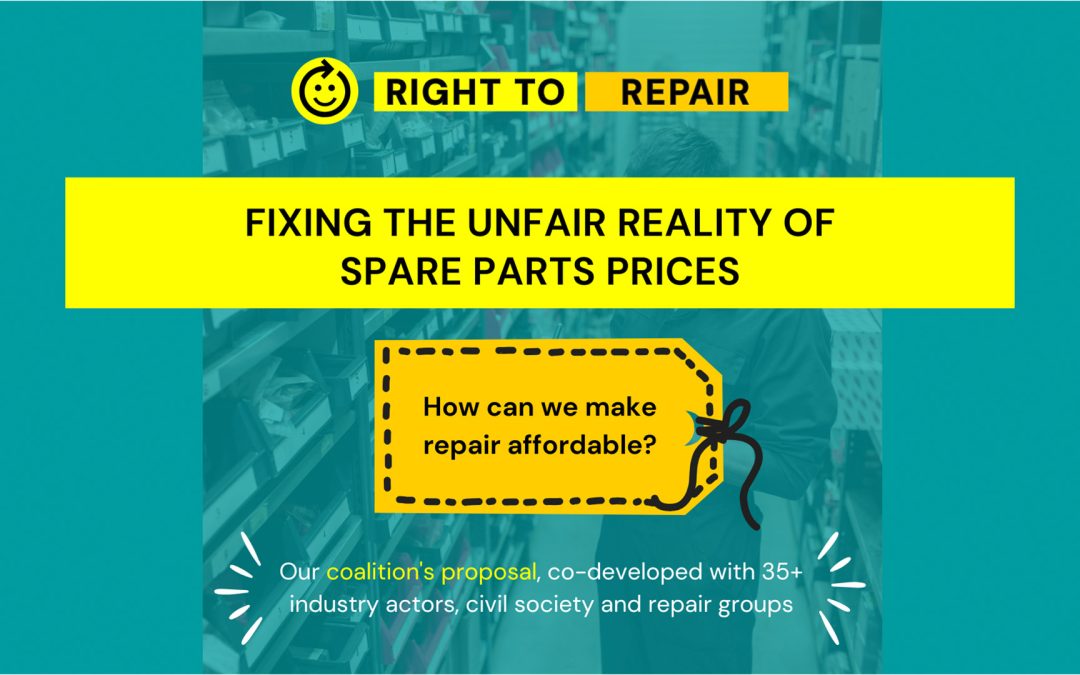 Coalition urges EU to extend ecodesign rules to ICT and small electronics, promoting sustainability and cost savings.
Coalition urges EU to extend ecodesign rules to ICT and small electronics, promoting sustainability and cost savings.
In a joint effort to combat the growing problem of electronic waste and promote sustainability, a coalition of 33 signatories, including the European Environmental Bureau (EEB), has called on the European Commission to expand ecodesign repairability requirements. At present, these requirements are limited to only eight categories of products, leaving small consumer electronics and Information and Communications Technology (ICT) devices exempt from mandatory repair standards.
The existing product-by-product approach has been criticized for hindering legislative progress and failing to address the urgent need for longer-lasting and repairable products in the EU market. By applying ecodesign resource efficiency requirements to a broader range of products, the coalition believes significant progress can be achieved in promoting the circular economy and reducing electronic waste.
The call comes as the EEB’s study highlights the pressing need to prioritize ICT products in the Ecodesign for Sustainable Products Regulation (ESPR). The study reveals significant environmental impacts associated with various electronic product groups that have yet to be adequately addressed. Failing to include these products in ecodesign regulations risks missing out on substantial cost savings and environmental benefits.
The coalition emphasizes that ecodesign regulations can play a crucial role in making spare parts and repair information accessible to both professional repairers and end-users. Additionally, manufacturers would be compelled to adhere to ease of disassembly obligations, making repair and maintenance more straightforward.
By broadening the scope of ecodesign requirements to include ICT and small electronics, the coalition believes the EU can take a substantial step towards reducing electronic waste, conserving resources, and promoting a more sustainable future. The proposal aligns with the ongoing discussions around the Right to Repair proposal within consumer legislation.
The ball is now in the European Commission’s court to address these concerns and unlock the potential for significant savings and environmental benefits. The decision to prioritize these measures will be critical in shaping the EU’s path towards a more sustainable and circular economy.
Our take on this: Expanding ecodesign repairability rules to include ICT and small electronics is a crucial and commendable step towards promoting sustainability and achieving substantial cost savings.




















